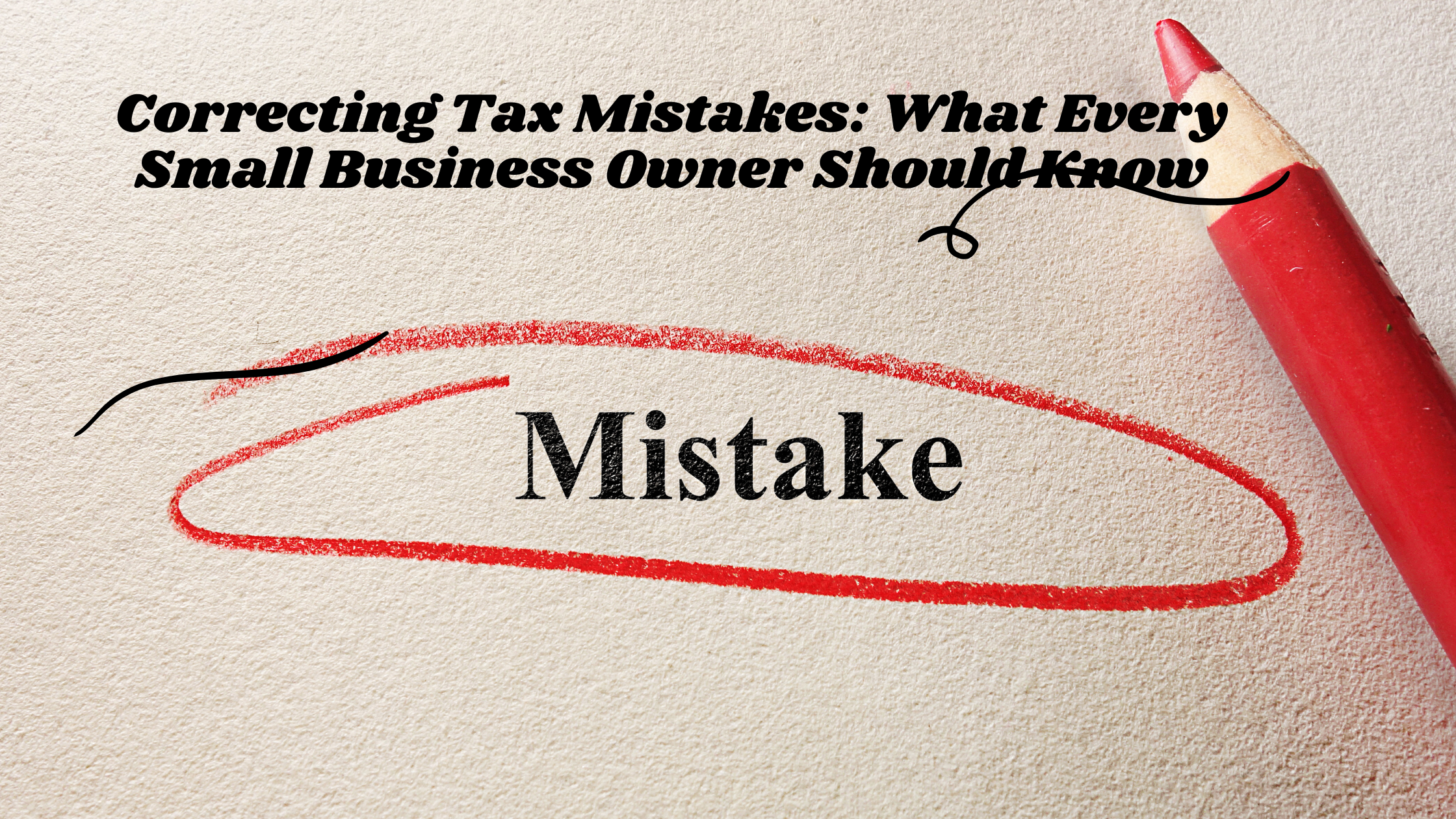While September and October are prime time for Atlantic hurricanes, natural disasters of any kind can strike at any time. As such, it’s a good idea for taxpayers to think about – and plan ahead for – what they can do to be prepared.
Here are four tips to help taxpayers be prepared:
1. Update emergency plans. Because a disaster can strike any time, taxpayers should review emergency plans annually. Personal and business situations change over time, as do preparedness needs. When employers hire new employees or when a company or organization changes functions, they should update plans accordingly. They should also tell employees about the changes. Individuals and businesses should make plans ahead of time and be sure to practice them.
2. Create electronic copies of key documents. Taxpayers should keep a duplicate set of key documents in a safe place, such as in a waterproof container and away from the original set. Key documents include bank statements, tax returns, identification documents, and insurance policies.
Doing so is easier now that many financial institutions provide statements and documents electronically, and financial information is available on the Internet. Even if the original documents are provided only on paper, these can be scanned into a computer. This way, the taxpayer can download them to a storage device like an external hard drive or USB flash drive.
3. Document valuables and equipment. It’s a good idea for a taxpayer to photograph or videotape the contents of their home, especially items of higher value. Documenting these items ahead of time will make it easier to claim any available insurance and tax benefits after the disaster strikes.
4. Payroll service providers should check fiduciary bonds. Employers who use payroll service providers should ask the provider if it has a fiduciary bond in place. The bond could protect the employer in the event of default by the payroll service provider. The IRS also encourages employers to create an EFTPS.gov account where they can monitor their payroll tax deposits and sign up for email alerts.




